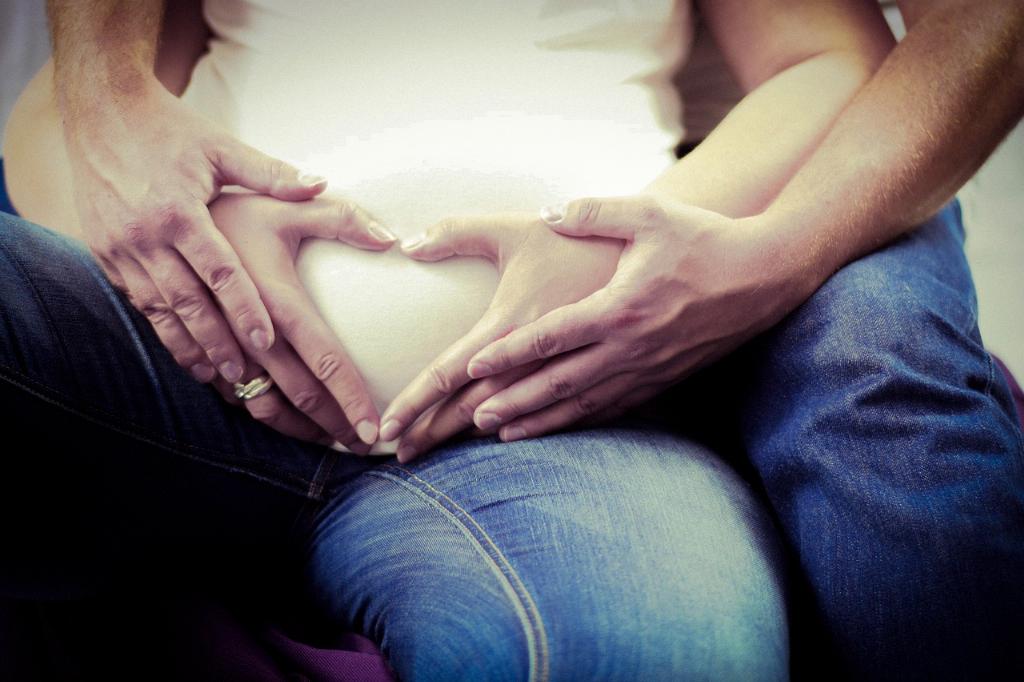Exercise during pregnancy is generally safe and beneficial for both the mother and the baby. However, there are certain circumstances where it may not be safe to continue exercising. It is crucial to listen to your body and consult with your healthcare provider before continuing any exercise routine throughout your pregnancy.
1. High-Risk Pregnancy
If you have been diagnosed with a high-risk pregnancy due to complications such as preeclampsia, gestational diabetes, or placenta previa, it is important to avoid strenuous exercise that could potentially put you or your baby at risk. Your healthcare provider will advise you on the appropriate level of physical activity based on your specific situation.
2. Vaginal Bleeding
If you experience vaginal bleeding during your pregnancy, it is essential to stop exercising immediately and seek medical attention. Vaginal bleeding could be a sign of a serious complication such as a miscarriage or placental abruption, and exercising in this situation could be harmful.
3. Preterm Labor
If you have a history of preterm labor or you are at risk of preterm labor, engaging in intense physical activity could increase the likelihood of early contractions. It is crucial to discuss your exercise regimen with your healthcare provider to ensure that it is safe for you and your baby.
4. Amniotic Fluid Leakage
If you suspect that your water has broken or you are experiencing amniotic fluid leakage, refrain from exercising and contact your healthcare provider immediately. Exercising in this situation can increase the risk of infection and other complications.
5. Placental Abruption
If you have been diagnosed with placental abruption, which is a serious condition where the placenta separates from the uterus before delivery, it is crucial to avoid any activities that could potentially worsen the condition. Your healthcare provider will provide guidance on appropriate levels of physical activity.
6. Multiple Pregnancies
If you are carrying multiples, such as twins or triplets, you may be at a higher risk of complications such as premature labor or preeclampsia. In this case, it is essential to consult with your healthcare provider to determine the safest exercise regimen for you and your babies.
7. Heart or Lung Problems
If you have pre-existing heart or lung conditions that could be exacerbated by strenuous exercise, it is important to exercise caution during pregnancy. Your healthcare provider will help you establish an exercise plan that is safe for both you and your baby.
8. Severe Anemia
If you are diagnosed with severe anemia during pregnancy, which is a condition characterized by low levels of red blood cells, intense physical activity may further decrease your oxygen levels and put you at risk. It is essential to follow your healthcare provider’s recommendations regarding exercise limitations.
9. Incompetent Cervix
If you have been diagnosed with an incompetent cervix, a condition where the cervix begins to open prematurely, engaging in certain types of physical activity could potentially increase the risk of complications. Your healthcare provider will advise you on suitable exercise options.
10. Severe Back Pain
If you experience severe back pain during pregnancy, engaging in high-impact exercises or activities that exacerbate the pain should be avoided. It is important to choose low-impact exercises that are gentle on your body and seek guidance from your healthcare provider.
11. Persistent Dizziness or Fainting
If you frequently experience dizziness or fainting spells during pregnancy, it is crucial to stop exercising immediately and consult with your healthcare provider. These symptoms could indicate underlying issues that could be exacerbated by physical activity.
12. Persistent Fatigue
If you constantly feel fatigued or exhausted even after mild exercise during pregnancy, it is important to listen to your body and take adequate rest. Pushing yourself too hard could lead to increased stress on your body and potentially harm you and your baby.

